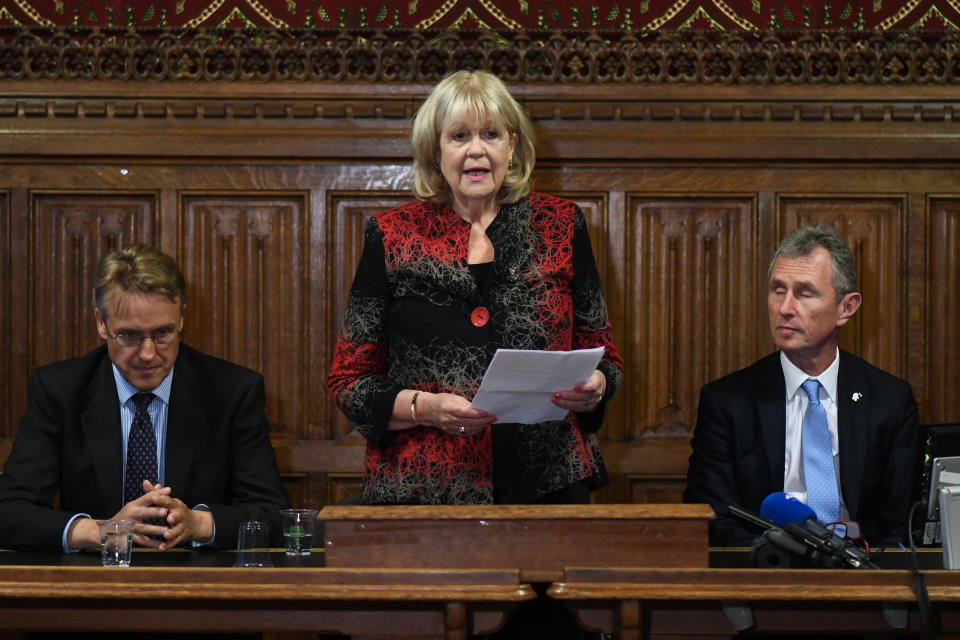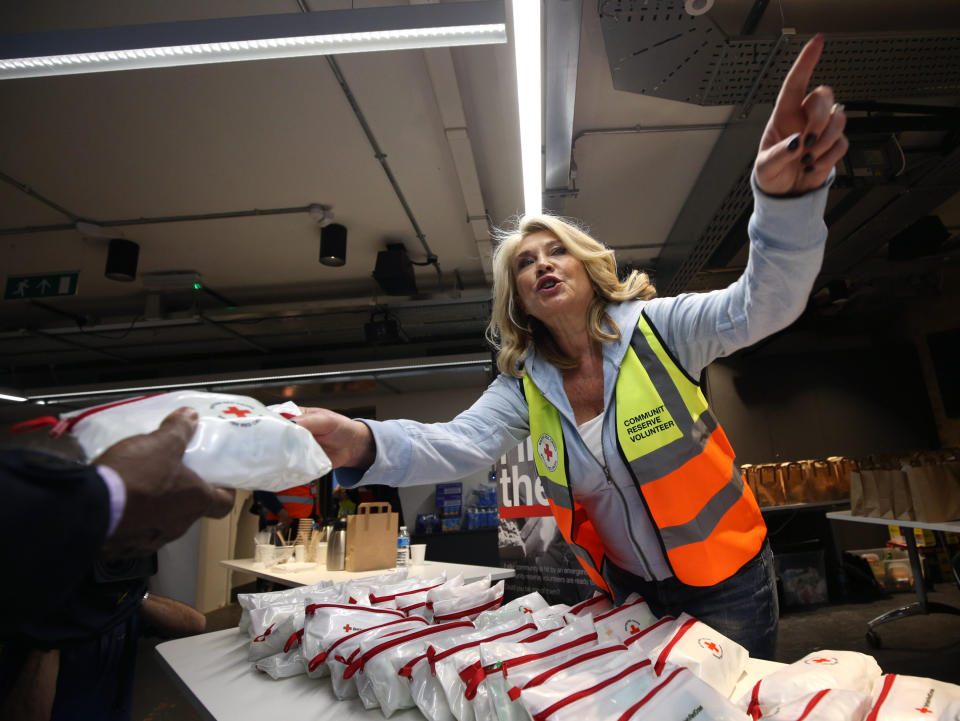5 stories you may have missed this week
It's finally Friday and you're wondering how you got here in one piece! But if you've found yourself drowning in the quandary of Parliament-riddled news - or you're just generally lost, here are five interesting things that happened that you should know about this week...
Woman discovers she has breast cancer at museum

A woman found out she has breast cancer after a museum snapped a thermal image of her.
Bal Gill, 41, was visiting Camera Obscura and World of Illusions in Edinburgh with her family when she noticed a heat patch where her left breast was.
Ms Gill carried out an internet search on thermal imaging before booking a doctor’s appointment.
She was subsequently diagnosed with breast cancer at the “really early stages”.
Ms Gill said: “I just wanted to say thank you; without that camera I would never have known. I know it’s not the intention of the camera but for me it really was a life-changing visit.
“I cannot tell you enough about how my visit to the Camera Obscura changed my life.”
She is now waiting for a third operation to try to prevent the disease from spreading.
MPs asked to stop clapping in Parliament

MPs have been asked to consider not clapping to make Parliament more welcoming for visitors with autism.
MP Dame Cheryl Gillan suggested the reform while meeting with the team overseeing the renovation of Houses of Parliament.
It comes after a motion was passed at Oxford University asking students to replace clapping with jazz hands in a bid to lower anxiety.
Ms Gillian said: “Perhaps we could also have an experiment in this House that would create a more relaxing environment for autistic visitors including returning to waving our order papers in the air rather than clapping, which often causes distress to people with autism.”
The National Autistic Society says people on the autism spectrum have difficulty processing everyday sensory information, and for some noise can be magnified and sounds muddled.
Commons leader Jacob Rees-Mogg spoke in support of the suggestion before joking: “Though it may simply be on my part the sadness that nobody has ever bothered to clap me.”
Seagulls dump thousands of elastic bands on island

Thousands of rubber bands have been dumped on a Cornwall coast by seagulls.
The bands were found caught up in fishing nets that had been regurgitated by herring gulls - with experts saying they think the birds had mistaken them for worms.
Mark Grantham, who discovered the clutter on Mullion island, said: “We first noticed the bands on a monitoring visit during breeding season.
“Within just an hour we’d collected thousands of bands and handfuls of fishing waste.”
One gull was found dead after becoming caught in a 10cm fishing hook on the island, and National Trust conservationists have called on businesses to consider how they dispose of harmful materials.
National Trust area ranger Rachel Holder said: “Despite being noisy and boisterous and seemingly uncommon, gulls are on the decline.
“They're already struggling with changes to fish populations and disturbance to nesting sites, and eating elastic bands and fishing waste does nothing to ease their plight."
£1b investment to solve bad mobile phone signal

Hundreds of thousands of people living in rural areas will be helped to get better phone coverage.
The government has announced a £1bn investment from major network companies to increase phone coverage by 98%.
EE, O2, Three and Vodafone have pledged to contribute £530m towards a world-first ’Shared Rural Network’.
The plans will help an extra 280,000 homes and building, and 16,000km of roads get reception by 2025.
A further £500m will be added by the government once the deal is in its final stages early next year.
Digital secretary Nicky Morgan said: "Brokering an agreement for mast sharing between networks alongside new investment in mobile infrastructure will mean people get good 4G signal no matter where they are or which provider they’re with.”
Currently only 67% of UK landmass receives 4G coverage from major providers, and a third endure weak or no coverage.
Vodafone UK chief technology officer Scott Perry, said it was "extremely unlikely" the investment would have any impact on prices for consumers.
Red Cross to end first-aid at festivals and marathons

The British Red Cross has announced it will stop providing first-aid at events.
The charity says, despite charging organisers, it is spending around £1.8m a year to provide volunteers at major events such as Glastonbury.
It comes after the Red Cross was called to provide support to members of the emergency services who found 39 Chinese migrants were found dead in the back of lorry.
British Red Cross chief executive Michael Adamson said: “Unfortunately, our event first aid work has been running at a financial loss for some time.
“This is diverting vital funds from our efforts to provide emergency support for major domestic and global crises.
The charity will end its first-aid service at events by March 31, 2020, and will work with St John Ambulance and St Andrew’s First Aid to transfer volunteers who wish to continue offering first aid.

